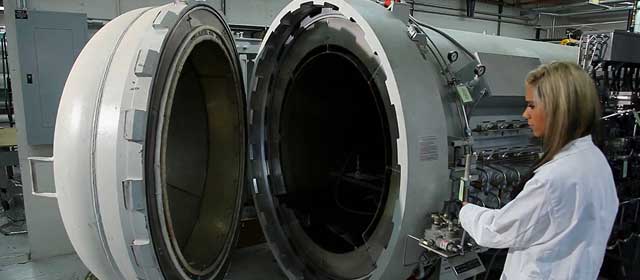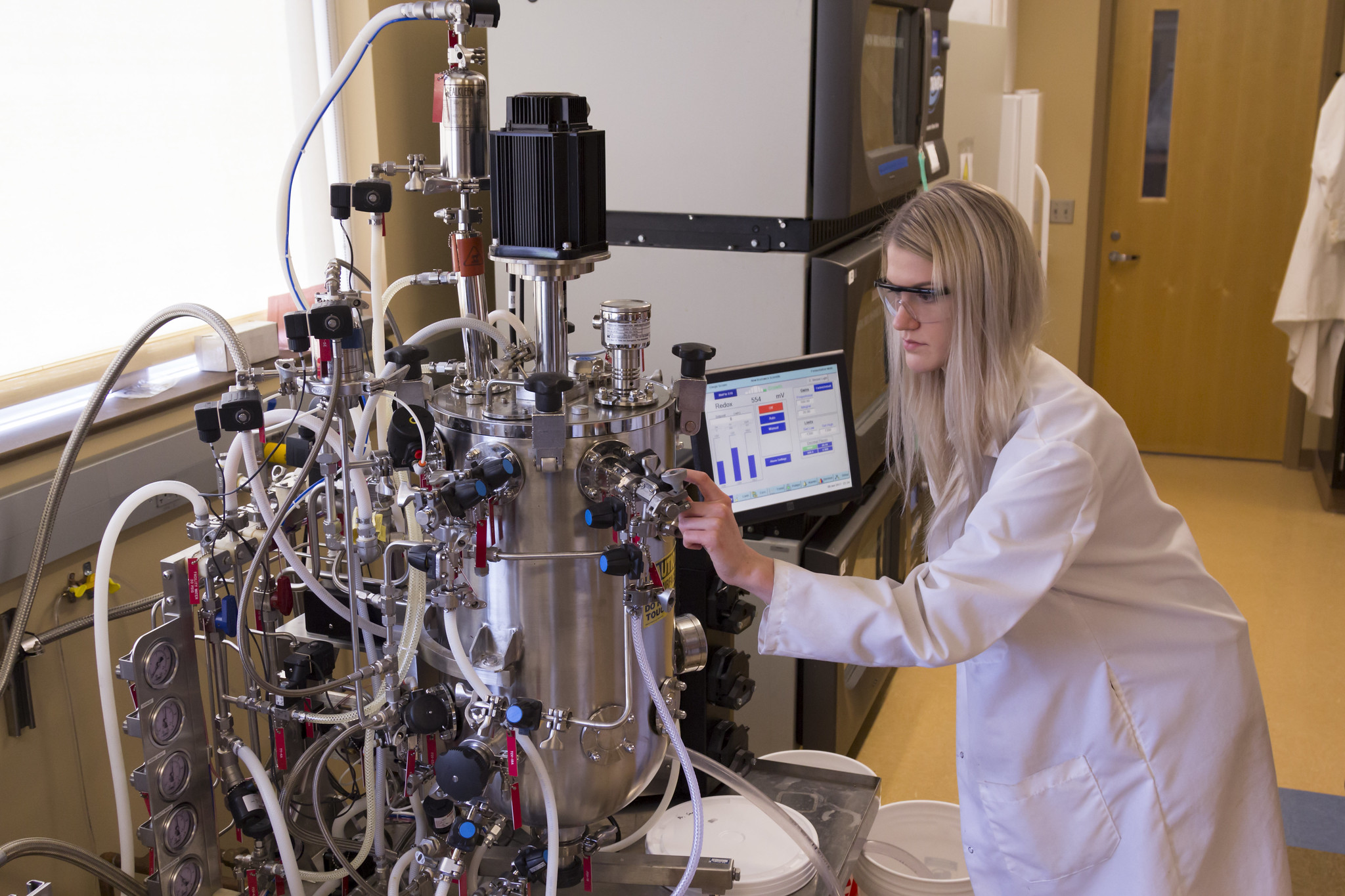Chemical & Biological EngineeringPhD

Women in Engineering: Lori Groven
Video

Requirements
Application InstructionsRequirements
- 3.0 GPA
- 3 letters of recommendation
- Official GRE scores
Application
Fall/February 1; Spring/August 1
CREDITS
Elective:40
Research:32, MS degree holders eligible for < 30 credit reduction